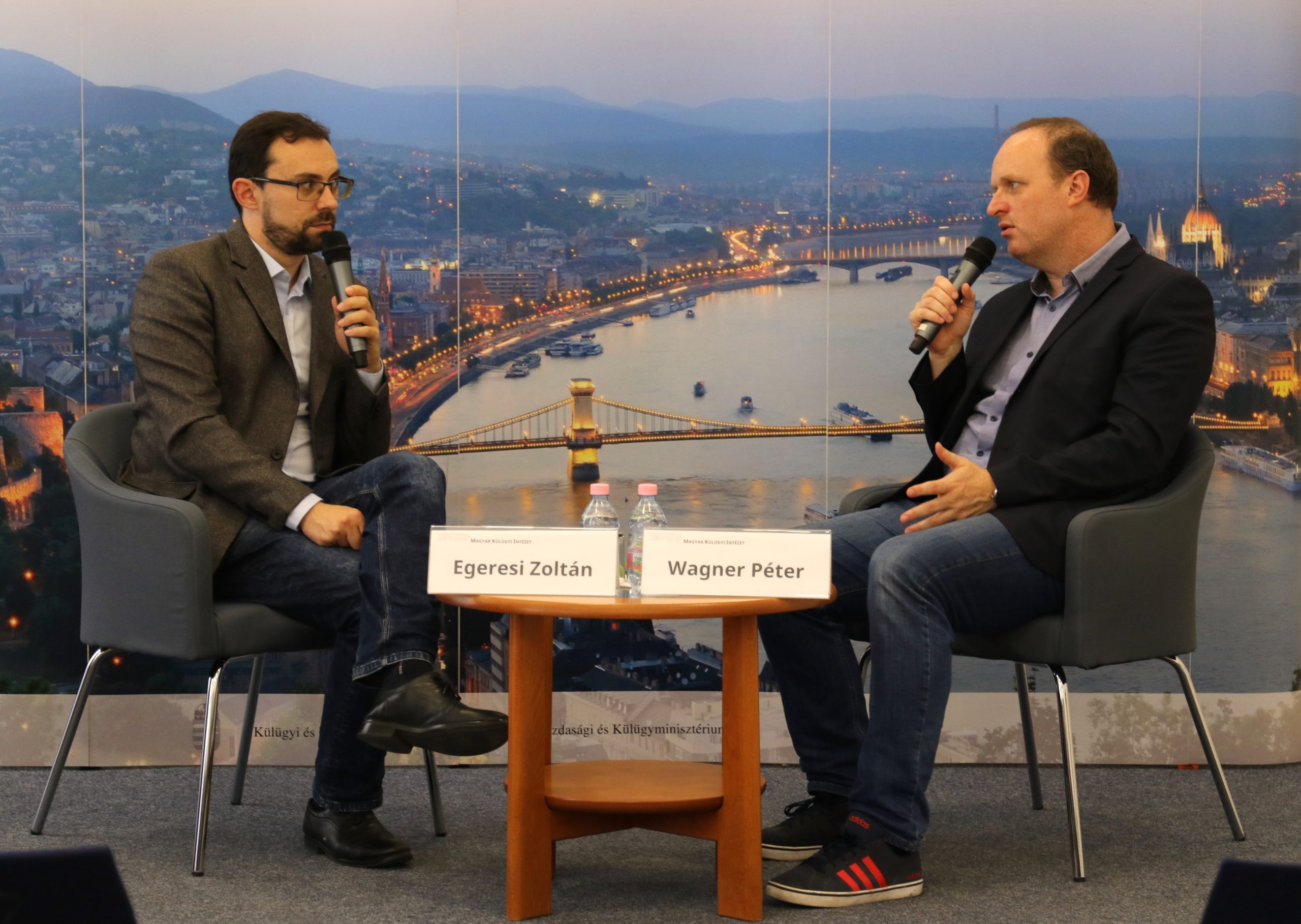On May 22, 2023, the Hungarian Institute of International Affairs (HIIA) hosted a public event, where Zoltán Egeresi, research fellow at the Institute for Strategic and Defence Studies of the University of Public Service, assessed the results of the Turkish elections of 14 May 2023. Both parliamentary and presidential elections were held in the country at the same time, but it was the latter that received special attention, due to polls in previous months showing that the re-election of incumbent President Recep Tayyip Erdoğan was far from a foregone conclusion. Analysts had given much credit (unnecessarily, as it turned out in hindsight) to the aftermath of the earthquakes months earlier, which had caused extremely heavy casualties, with some claiming that the Turkish authorities had been incompetent on occasions.
Zoltán Egeresi also discussed the changing positions of Turkish domestic political forces and the challenges of a common opposition presidential candidate, who would have had to successfully bring together the views of a divided Turkish society and political parties. Zoltán Egeresi spoke about the situation and segmentation of the Kurdish minority as well, which explains why some in the community are still staunch Erdoğan/AKP voters while others support the opposition or even the Kurdistan Workers’ Party.
The event was moderated by Péter Wagner, senior research fellow at the Hungarian Institute of International Affairs.
Photos by Hungarian Institute of International Affairs (HIIA)

